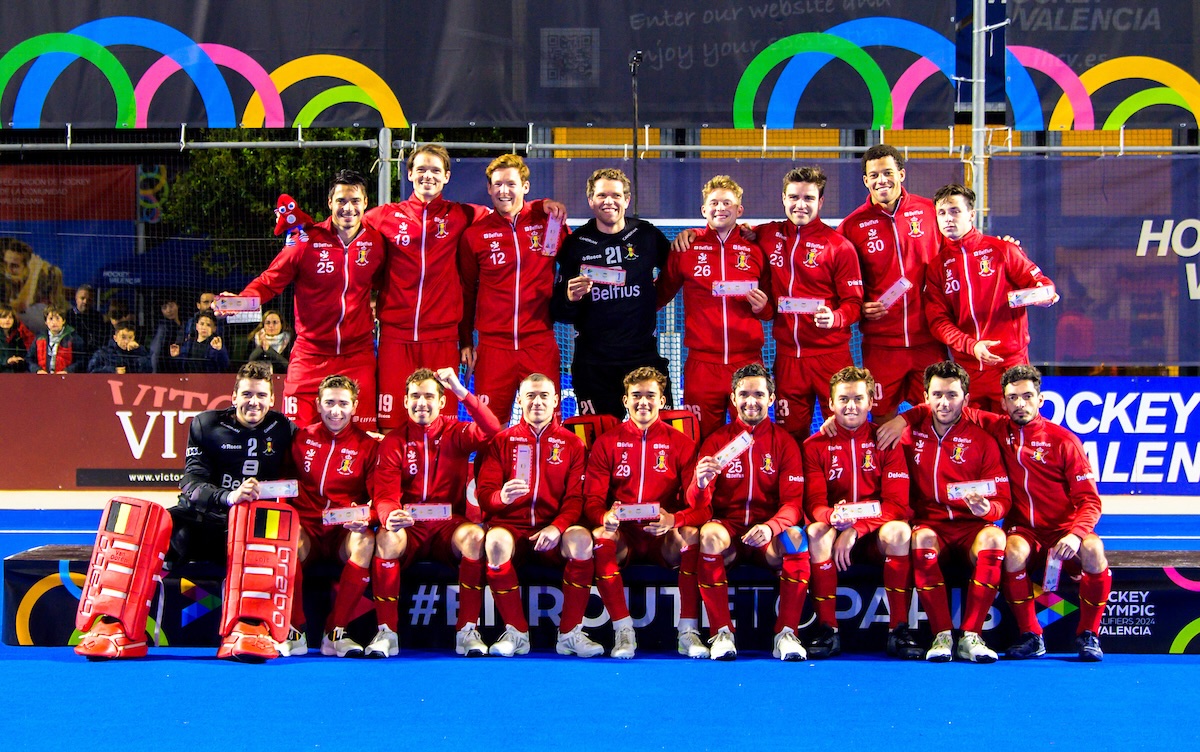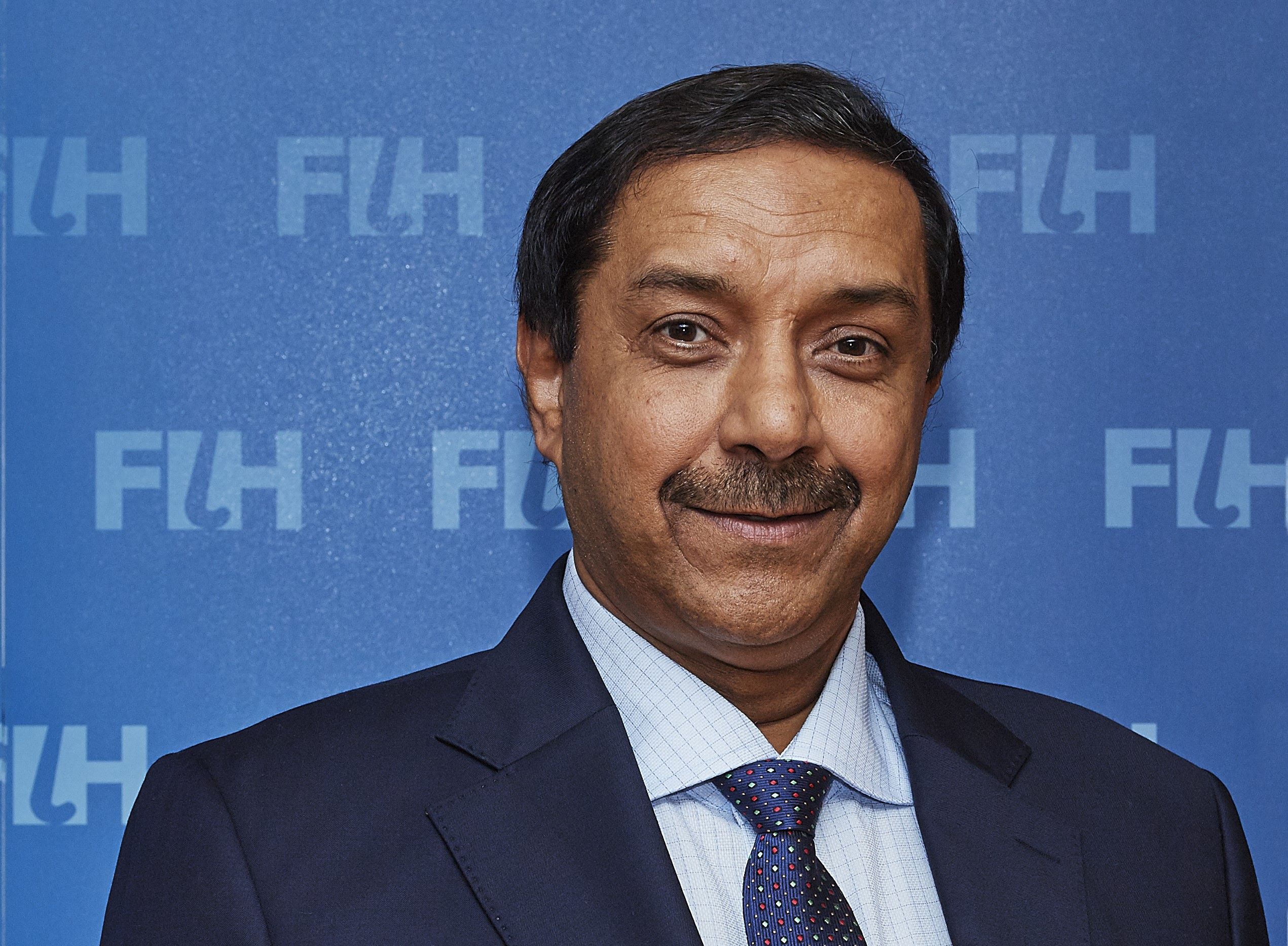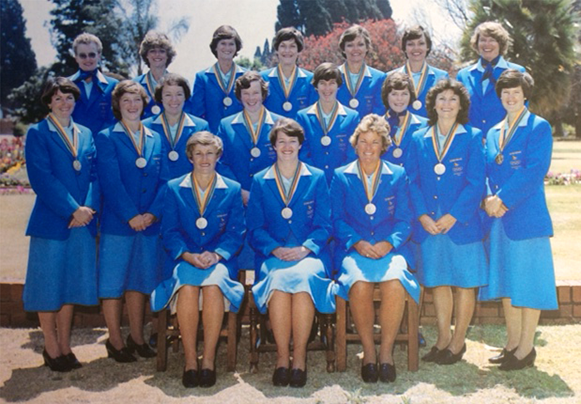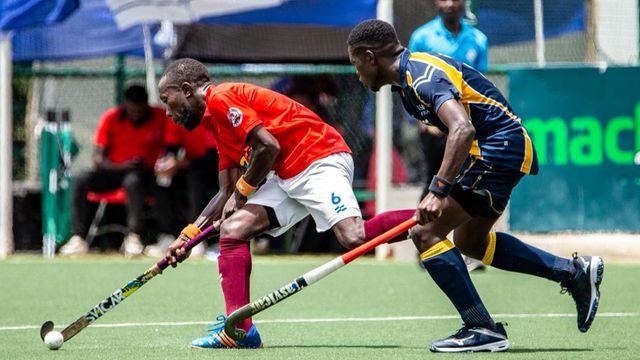Lausanne, Switzerland: In the annals of Olympic history, few stories are as inspiring as that of the Zimbabwe women’s hockey team, affectionately known as the “Golden Girls.” Their triumph at the 1980 Moscow Olympic Games is a testament to the power of determination, unity, and passion for the sport. In an exclusive interview with Ann Grant, the captain of the team, we delve into the incredible journey of these pioneering women. The Road to Moscow In late June 1980, an air of excitement enveloped the newly formed nation of Zimbabwe. The women’s hockey team had been invited to participate in the XXII Olympic Games, marking the first time women’s hockey was included as an Olympic discipline. For Zimbabwe, which had just gained independence in April of that year, this was more than just a sporting competition; it was a chance to put their fledgling nation on the world map. Ann Grant recalls the moment they received the invitation: “Our team was extremely excited to be invited to the XXII Olympic Games, especially as it was the first time women’s hockey was an Olympic discipline and our new nation of Zimbabwe was only formally confirmed in April 1980.” Initially, the team’s destination was South Africa for an annual interprovincial tournament. However, in a surprising turn of events, they were instead invited to the Moscow Olympics. With just a month to prepare, the team had to hastily organize passports, uniforms, and a multitude of administrative details, all while securing a month’s leave from their employers. The Zimbabwe National Olympic Committee worked tirelessly to ensure everything was in order, while the players juggled their full-time jobs with increased hockey practices and matches against men’s teams to prepare for the games. Arrival in Moscow Arriving in Moscow ten days before the start of the Olympics, the team faced the challenge of adapting to artificial turf, something none of the players had ever experienced. Daily practices at local stadiums were invaluable in getting accustomed to this new surface. Despite the logistical hurdles and the unfamiliar environment, the team’s spirit remained unbroken. Ann vividly remembers their initial days in Moscow: “We were taken to the super new Olympic Village with amenities open 24 hours and then rushed off to get new hockey shoes as not one of us had ever played on artificial turf, including our coach!” The Olympic Experience Walking into Lenin Stadium for the opening ceremony was a moment of awe and pride for the Zimbabwe team. Dressed in their bright blue uniforms, they marched with their new national flag flying high. The atmosphere in the Olympic Village was electric, and the team had the chance to meet other Olympic champions like Daley Thompson and Sir Sebastian Coe. Ann describes the opening ceremony: “The aura from the beautiful stadium, the magnitude of the many spectators, and the sheer joy of being a part of this momentous occasion was a mind-blowing experience.” The Zimbabwe women’s hockey team was an enthusiastic and determined group, resolute in their mission to give their best on the field. Under the expert guidance of coach Anthea Stewart, they adapted their tactics to face unknown opponents and displayed remarkable tenacity and skill. The Golden Moment The women’s hockey tournament was conducted on a round-robin basis, featuring teams from Russia, Czechoslovakia, Poland, India, Austria, and Zimbabwe. Zimbabwe remained unbeaten heading into their final match against Austria. The victory secured them the gold medal, making history as the first winners in Olympic women’s hockey and earning Zimbabwe its first-ever Olympic gold! Ann recalls the moment of victory: “It is difficult to express our feelings of sheer joy and excitement of our achievement! We stood on that red carpet to receive our gold medals from Mr. Reg Alexander, IOC member from Kenya, and Mr. Renee Frank, the President of the International Hockey Federation. The unforgettable moment our flag was raised with the beautiful Olympic hymn playing in the background.” Celebrations and Legacy The reception back home in Zimbabwe was nothing short of spectacular. The team was welcomed with a guard of honor by school drum majorettes and a huge crowd of fans and their families. Several functions were organized to celebrate their achievement, ensuring that all Zimbabweans could share in this historic moment. The legacy of the Golden Girls continues to inspire future generations of hockey players in Zimbabwe. The annual Golden Girls Hockey Tournament, held every July, keeps the spirit of their victory alive. Many of the team members have gone on to coach at various levels, giving back to the sport that brought them together. A Fairytale to Remember The team’s journey was meticulously documented in a handwritten diary, capturing every moment of their Olympic adventure. Ann recounts how it all came about: “Our coach, Anthea Stewart, made a team rule of writing the day’s events and happenings in a handwritten diary to document, from beginning to end, the story of our own Olympic journey – this was written in the same order as your team number. What incredible memoirs “Dear Diary” has safely tucked inside, with many laughs as we read through the various stories but also tears, as we remember our dear vice-captain and wonderful leader Liz Chase who has sadly passed on.” These memoirs, filled with laughter and tears, are a cherished testament to their incredible story. Despite being scattered around the globe, the remaining members of the Golden Girls maintain close contact, bonded by their shared history and the lifelong friendships forged during their golden moment. Their story, as recounted by Ann Grant, is a powerful reminder of what can be achieved with determination, unity, and a love for the game. The Golden Girls’ victory at the 1980 Moscow Olympic Games remains one of the most inspirational chapters in the history of women’s hockey and Zimbabwean sport. The Olympic Games Paris 2024 will be played from 27 July to 9 August. For more details about the competition, visit Olympics.Hockey. #Paris2024 #HockeyEquals #HockeyInvites For more information about FIH
Continue Reading →







